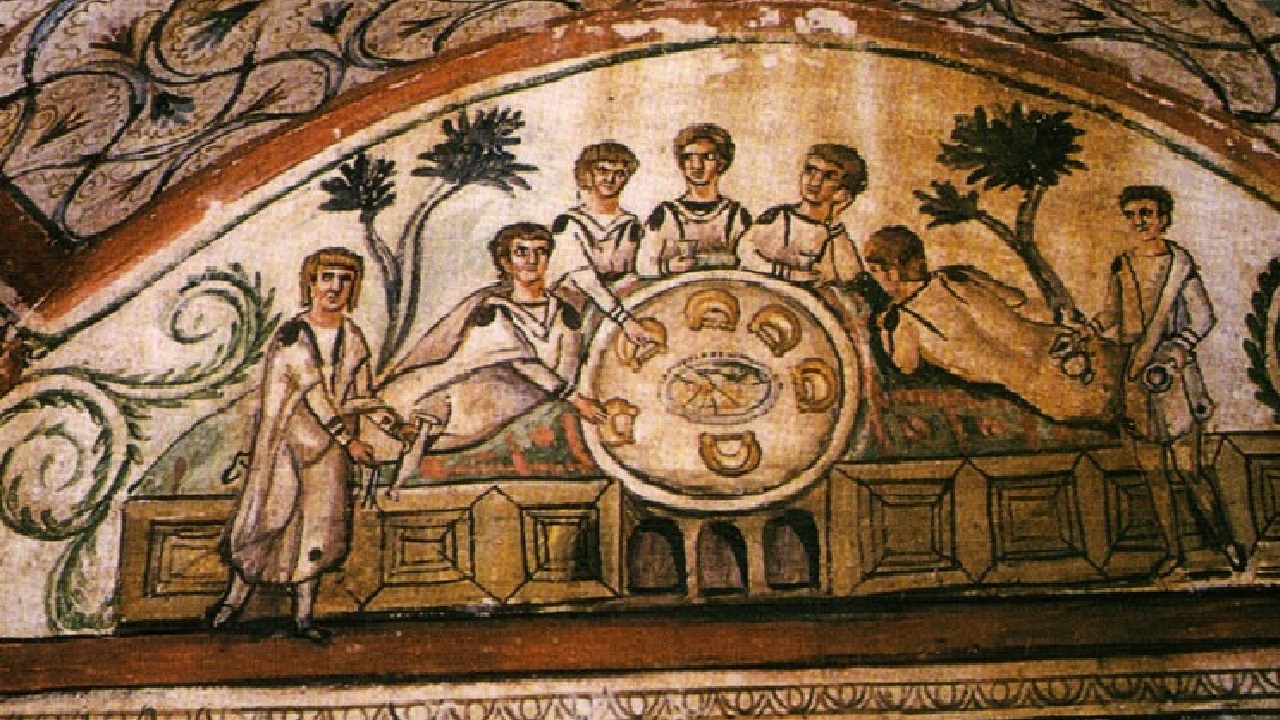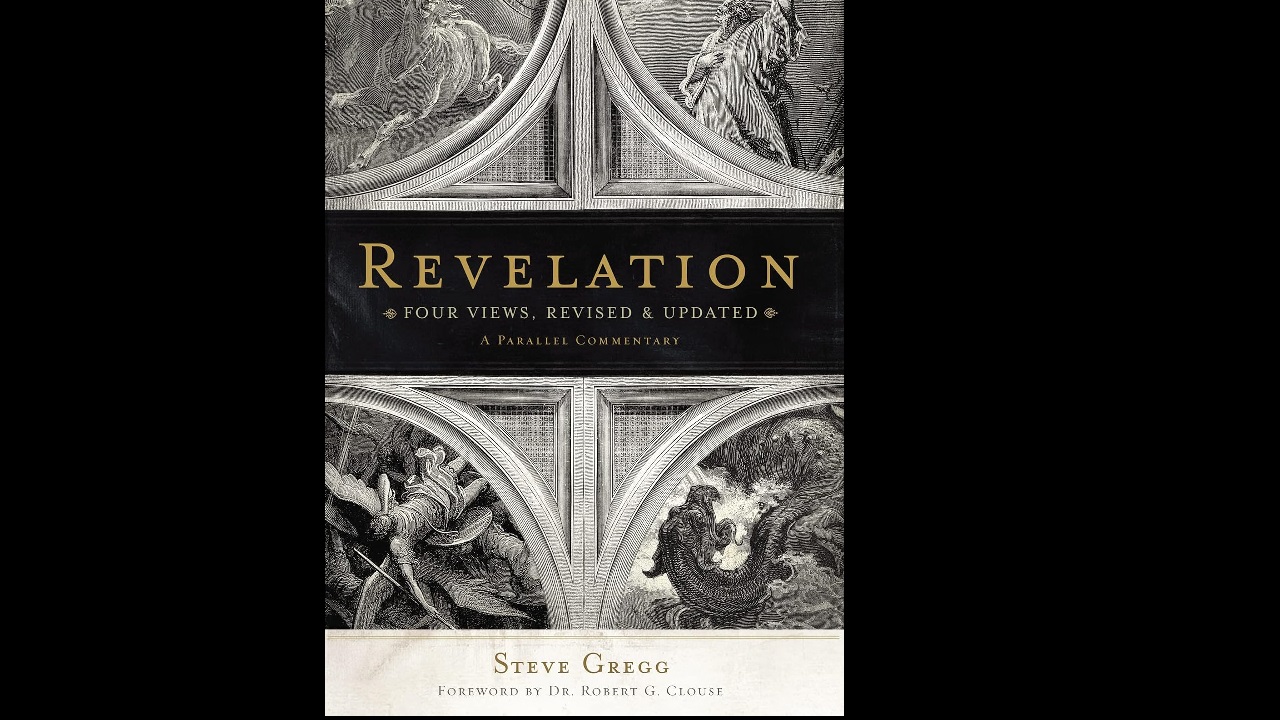The Bible describes events, conditions, and attitudes that would mark “the conclusion of the [current] system of things,” or “the end of the world.” (Matthew 24:3; King James Version). The Bible calls this time period “the last days” and the “time of the end,” or “end times.”—2 Timothy 3:1; Daniel 8:19; Easy-to-Read Version. https://www.jw.org/en/bible-teachings/questions/last-days-sign-end-times-prophecies/
In the OT “the last days” = the day of the LORD God, i.e., judgment and return of the Davidic Kingdom over the nations.
“Now it will come about that In the last days The mountain of the house of the Lord Will be established as the chief of the mountains, And will be raised above the hills; And all the nations will stream to it.” Isa 2.2; Micah 4.1; Hos 3.5
We are in “the last days,” Acts 2.17; 2Tim 3.1; 1 Pet 1.20; 2Pet 3.3; Heb 1.7; Jam 5.3. But not “the last day,” 1 Pet 1.5; i.e., the day of the Lord, cp. 2Pet 3.10-12.
- 2 Pet 3.18 “in the day of eternity” ESV, BSB, BLB, NASB, CSB, HCSB, LSV; Or “forever” NIV, NLT, KJV, NKJV, CEV, GNT, ASV, NHEB, etc. Literally “to the day of the age,” i.e., age to come.
- One God the Father translation “in the future age-long day.”
The Greek speaks of “the day which is an age,” “the age-long day.” Probably a reference to the millennium as the first stage of the future Kingdom of God. Peter had earlier spoken of a day as equal to 1000 years in God’s plan [2Pet 3.8].
- Same as “reign forever and ever,” Heb 1.8; Rev. 11.15; 22.5.
The Word Biblical Commentary, Jude-2 Peter, vol. 50, p. 338. “on the day of eternity.”
This unique substitution for the phrase (“forever”), which is usual in doxologies, probably refers to the eschatological age as a day which will dawn at the Parousia (1:19) and last forever. The notion of the eternal day may derive from Isa 60:19-20: “Your sun shall no more go down, nor your moon withdraw itself; for the Lord will be your everlasting light” (RSV; note the proximity to 60:22, echoed in 2 Pet 3:12). The actual phrase (“the day of eternity”) occurs elsewhere only in Sir 18:10: “Like a drop of water from the sea and a grain of sand so are a few years in the day of eternity” (Rsv). Since that passage is based on Ps 90:4, it is possible that our author connected the phrase (“the day of eternity”) with his reflection of Ps 90:4: the age to come is a day in the Lord’s timescale which cannot be measured in the timescale of this world.




